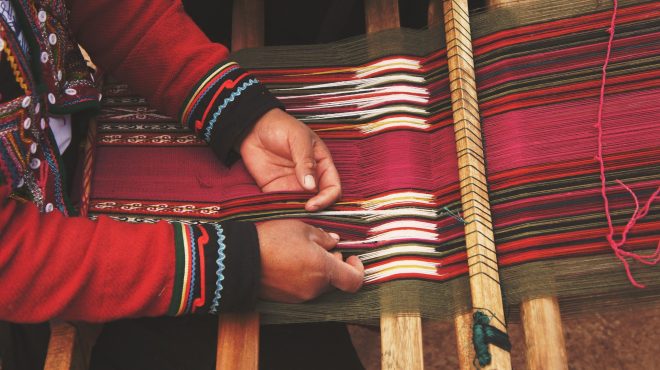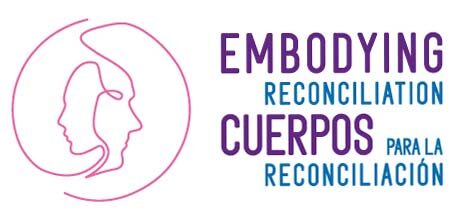"In order to find the heritage, it is necessary to talk about the territory, because it is the place wherein collective bodies inhabit to narrate and give meaning to their traditions and cultural practices"
Training of cultural actors process (2020)
HERITAGE
“Intangible heritage provides communities with a feeling of identity and continuity: it favors creativity and social well-being, contributes to the management of the natural and social environment, and generates economic incomes. Many traditional or indigenous knowledges are integrated or can be integrated, in health policies, education or the management of natural resources.” (UNESCO, 2006)
The Intangible Cultural Heritage (ICH) enables the encounter with different practices, knowledges and shared visions that a community has in relation to its own territory. “(…) Cultural diversity creates a rich and varied world that increases the range of possibilities and nourishes human capacities and values and therefore constitutes one of the main engines of sustainable development for peoples, communities, and nations. Remembering that cultural diversity that thrives in a framework of democracy, tolerance, social justice and mutual respect among peoples and cultures is indispensable for peace and local, national, and international security” (UNESCO, 2005)
In the Colombian context, the definition of Intangible Cultural Heritage (ICH) promoted by UNESCO reveals a clear dilemma, because there is a tension between cultural and collective rights and the process of creating memory and building a multiethnic and cultural nation amidst an armed conflict (Rubio, 2008, 180).

In this emergency context wherein people are displaced, practices are uprooted from their territories, their continuity is interrupted, national cultural heritage is endangered and the participation of social actors in ICH public policies is scarce, not articulated nor supported by regional or national governments. The most visible participation occurs in relation to the organization of festivals and annual carnivals, but local initiatives only invest their efforts into the logistical support of these events instead of aiming to produce knowledge, registration, or documentation of their local heritage practices.
For this reason, the strategic angle that we employ when dealing with ICH seeks to make visible and connect local heritages as well as the voices of its bearers, helping to promote the sense of ownership, recognition, and strengthening the identitarian resonances that makes us unique as human beings. We approach Intangible Cultural Heritage using innovative technological tools and instruments to encourage children and youth, among others, to identify, enhance and maintain the relationships that communities have with their physical bodies, their oral and written narratives, their spatial organization, and their relationships with their daily activities.

© Copyright 2016 – Corporación Embodying Reconciliation – Cuerpos para la Reconciliación
